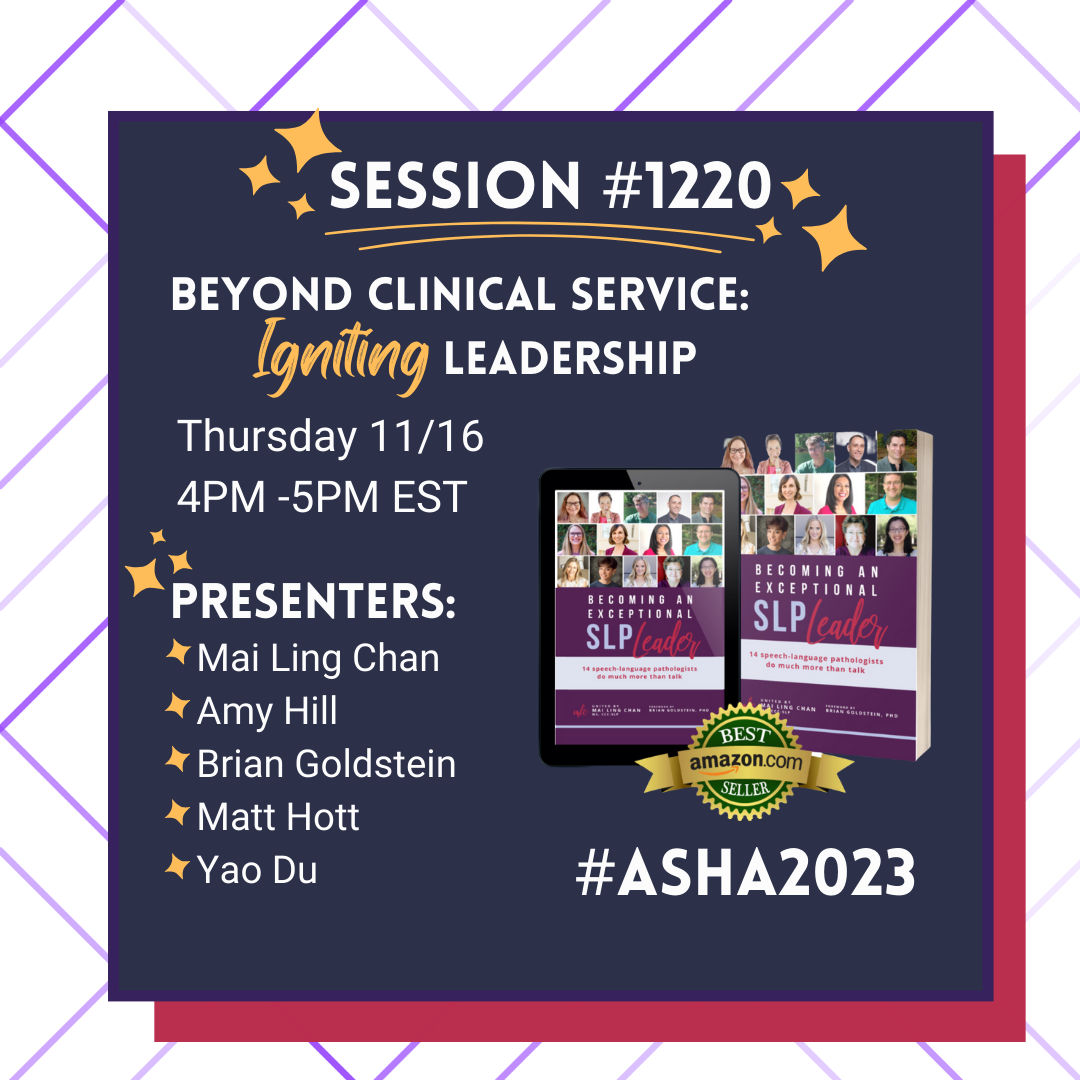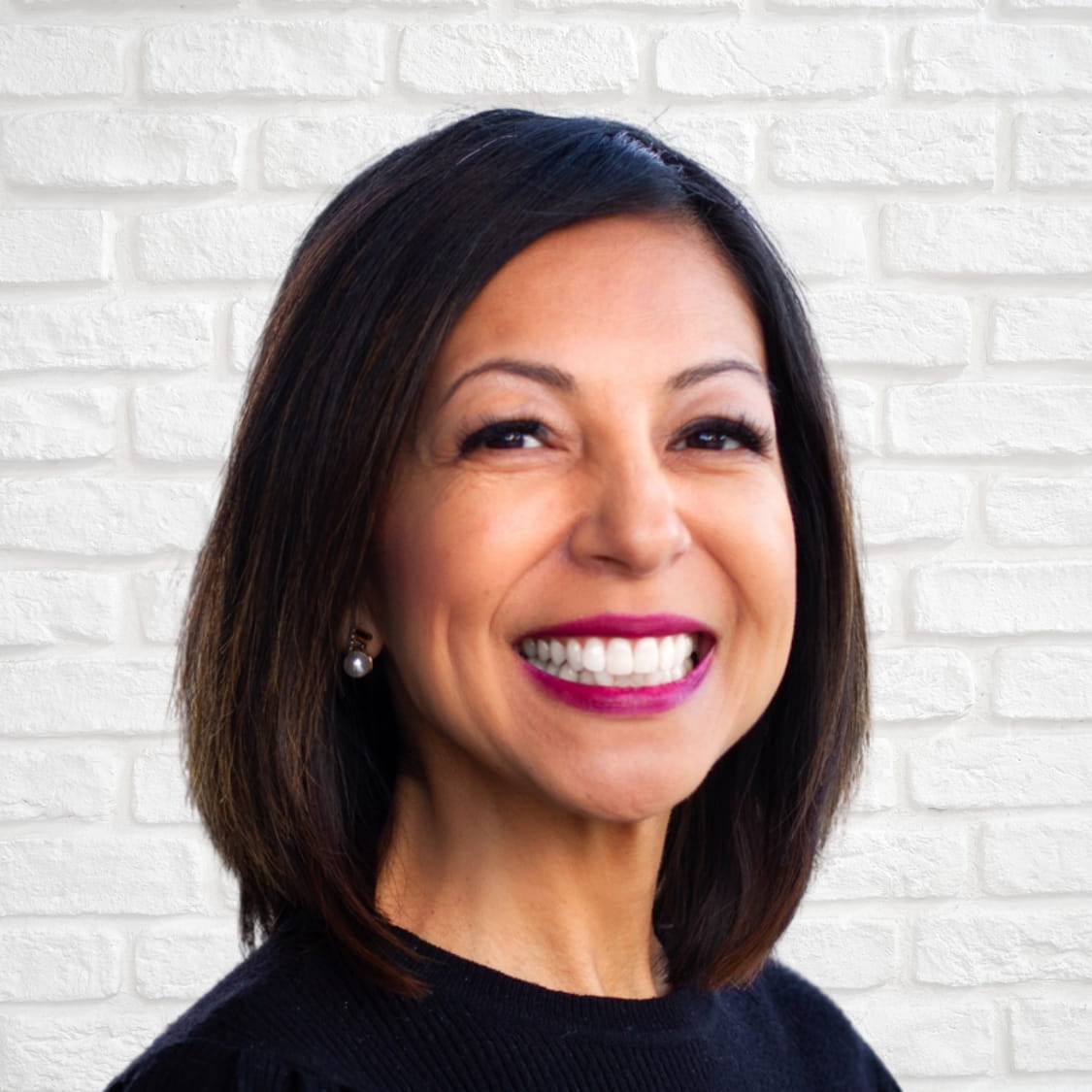Strategies Employed by SLPs
1. Assessment and Differential Diagnosis
Comprehensive Evaluations: SLPs use standardized tools like the Communication and Symbolic Behavior Scales (CSBS) to assess communication skills in context.
Identifying Underlying Issues: Differentiating between communication issues stemming from mental health conditions versus primary speech disorders is key. SLPs look for patterns like language regression or sudden changes in communication abilities that might indicate a mental health concern.
2. Speech and Language Intervention
Fluency Enhancement: Techniques such as controlled breathing and pacing strategies are used to manage stuttering, which can be exacerbated by anxiety.
Prosody Training: SLPs use acoustic analysis and biofeedback to help patients modify pitch, loudness, and rhythm in speech, which are often affected by mood disorders.
Language Processing: Therapy may include exercises to improve processing speed and comprehension, as these can be impaired in individuals with mental health conditions.
3. Social Pragmatics and Group Therapy
Social Skills Groups: These groups focus on enhancing pragmatic language skills, including turn-taking, topic maintenance, and interpreting non-verbal cues.
Role-Playing and Simulations: Used to practice real-life social interactions in a controlled setting, helping individuals with anxiety or depression improve their communication in social contexts.
4. Collaborative Care Models
Joint Therapy Sessions: Combining speech therapy with mental health sessions can provide a holistic approach, addressing both speech and emotional needs concurrently.
Interdisciplinary Treatment Plans: SLPs collaborate with mental health professionals to develop integrated care plans, ensuring that communication goals align with overall mental health objectives.
5. Augmentative and Alternative Communication (AAC)
Customized AAC Solutions: For those with severe communication barriers, SLPs might implement personalized AAC systems, ranging from simple picture symbols to high-tech devices.
Training and Support: SLPs provide training for both the individual and their caregivers on how to effectively use AAC tools, enhancing their ability to communicate in various settings.
Conclusion
SLPs’ role in the mental health realm is dynamic and requires a deep understanding of both communication disorders and psychological factors. By employing these strategies and collaborating with other mental health professionals, SLPs play a crucial role in enhancing the communication abilities and overall well-being of individuals with mental health conditions.
Communication and Mental Health
Communication and Mental Health: In-Depth Strat...
The intricate connection between communication disorders and mental health requires Speech-Language Pathologists (SLPs) to employ tailored strategies. This blog explores the nuanced methods utilized by SLPs to assist individuals grappling with mental health issues such as anxiety and depression.
Emerging research trends in speech-language pat...
The human voice, a soft whisper filled with words, echoes untold stories and connects undiscovered paths. In the world of speech-language pathology, new discoveries offer transformative possibilities for those facing voice, language, and swallowing challenges. Get ready, SLP explorers, as this blog guides you through exciting new research! Check out our latest blog for the latest emerging trends in the field
https://content.liricare.com/emerging-research-trends-in-speech-language-pathology/
What I Learned from my Bear Encounter | Trauma-...
Happy 2024!
I recently saved my dog from the jaws of a Mama Bear. Hear the story and what I learned about conflict and trauma-informed education in this 6-min Tedx Talk. I offer this as a free resource to use in professional development workshops.

Tag-Teaming Therapy: Empowering Parents in Spee...
Ever wonder why some children rocket through speech therapy, while others seem stuck in a slow, frustrating crawl? The answer often lies in a hidden superpower: engaged parents.
Think of it like this: a speech-language pathologist (SLP) is a skilled coach, guiding a child towards communication mastery. But just like any sport, the most effective training happens both on and off the field. That’s where parents come in – as a child’s biggest cheerleaders and everyday practice partners. Click below to read more:
SLU Graduate Student Improving Barriers to Lang...
ST. LOUIS — Students enrolled in the Speech, Language and Hearing Sciences (SLHS) program at Saint Louis University don’t have to wait until graduation to gain real-world experience. SLU first-year graduate student Lucy Heller is working to identify barriers in language sample analysis.

In rehabilitation settings, where patients requ...
In rehabilitation settings, where patients require multidisciplinary care to fulfil their numerous requirements, effective teamwork among healthcare specialists is critical. Speech-Language Pathologists (SLPs) and Occupational Therapists (OTs) are two types of healthcare providers that frequently collaborate in rehabilitation settings. Working with occupational therapists can enhance workplace communication, which can lead to better patient outcomes.
https://content.liricare.com/collaboration-with-occupational-therapists/
The Power of Expectations | Invisibilia | NPR
One way to be culturally responsive is to assess where you fall on the Rosenthal Effect scale. The Rosenthal Effect (aka Pygmalion Effect) discusses the power of expectations. This weekend in my 1-hour ASHA seminar, I explained how our implicit biases and expectations of different cultures impacts their progress in treatment. You can check out the theory here: https://www.youtube.com/watch?v=hbhwlRRW_3o

I'm curious about the impact of EFT tapping and hypnosis on test performance! I am a hypnosis and EFT practitioner and used hypnosis techniques to help my clients connect to their WHY. I've noticed their intuition strengthened and confidence increased after taking the practice Praxis tests.
Are you going to ASHA in Boston this week? C...
Are you going to ASHA in Boston this week?
Come to our panel prezzie and find out how to merge your SLP career with your passions!
Session #1220
Beyond Clinical Service:
🔥 Igniting Leadership 🔥
Thursday 11/16
4pm





